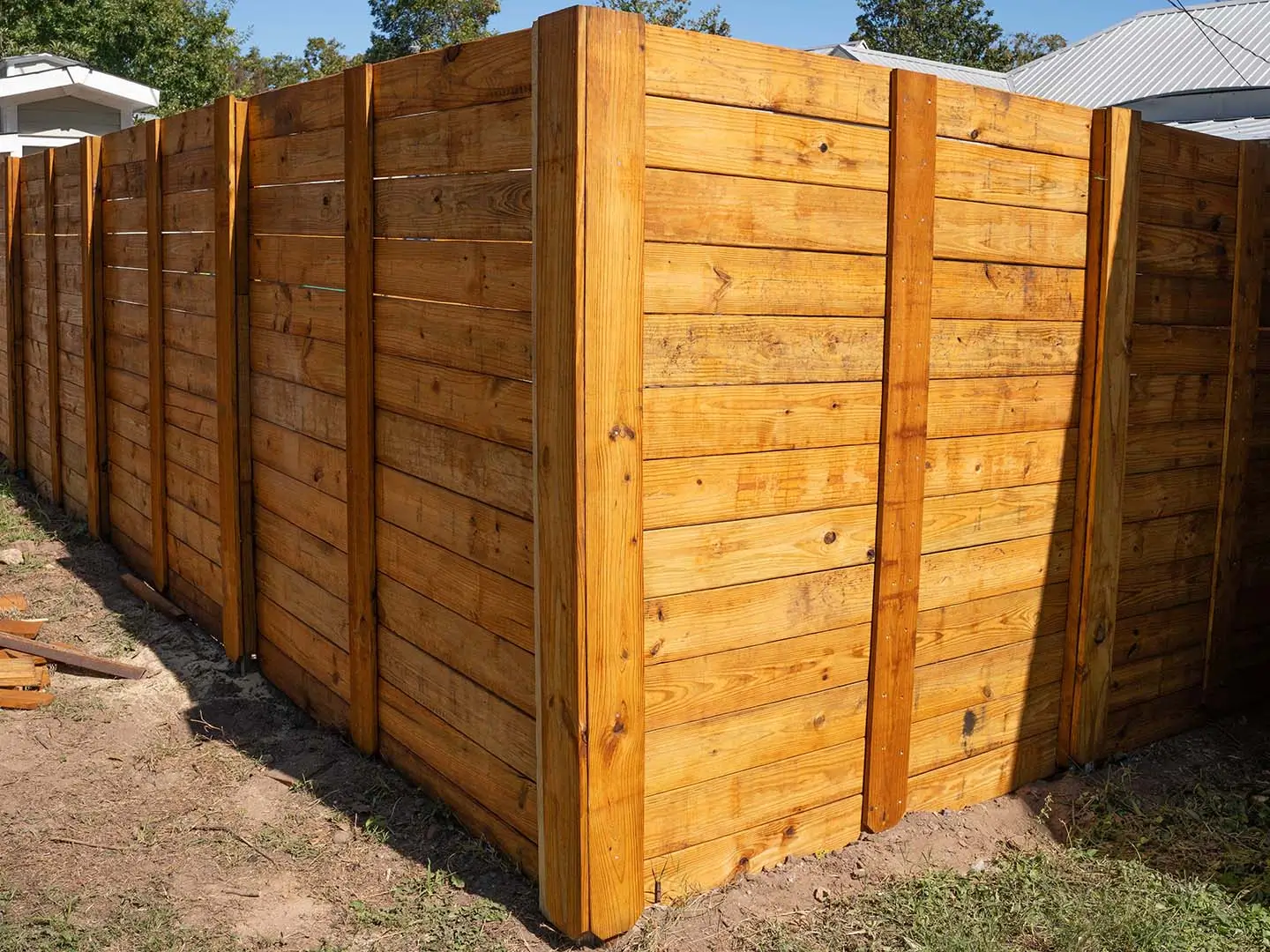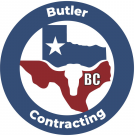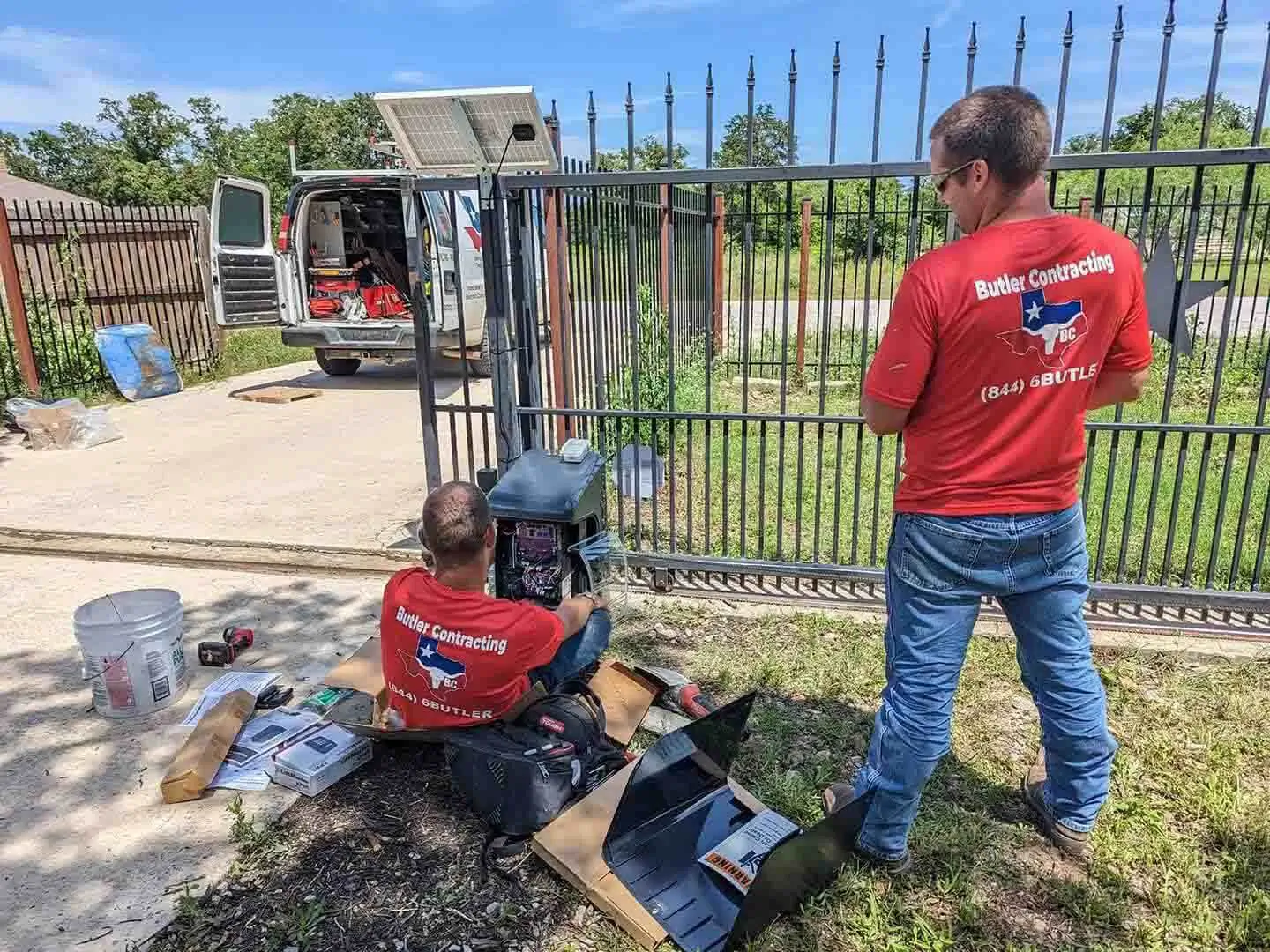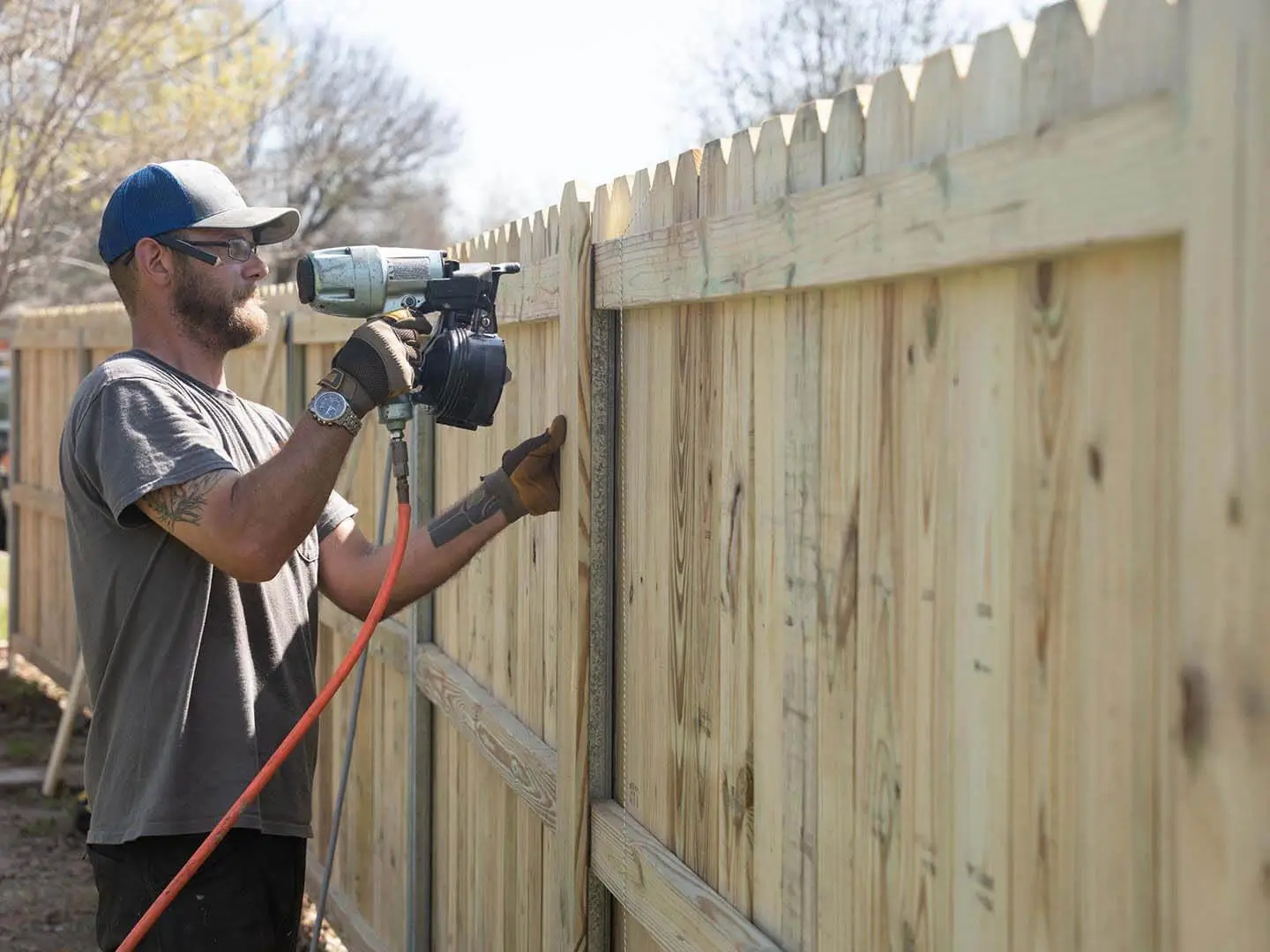
How Can a Central Texas Privacy Fence Keep Your Home Safe This Holiday Season?
The holidays are a special time in Central Texas, with family gatherings, travel, and a little well-deserved rest from the daily grind.
But as homes and businesses temporarily slow down for the season, safety can sometimes feel like a secondary concern.


